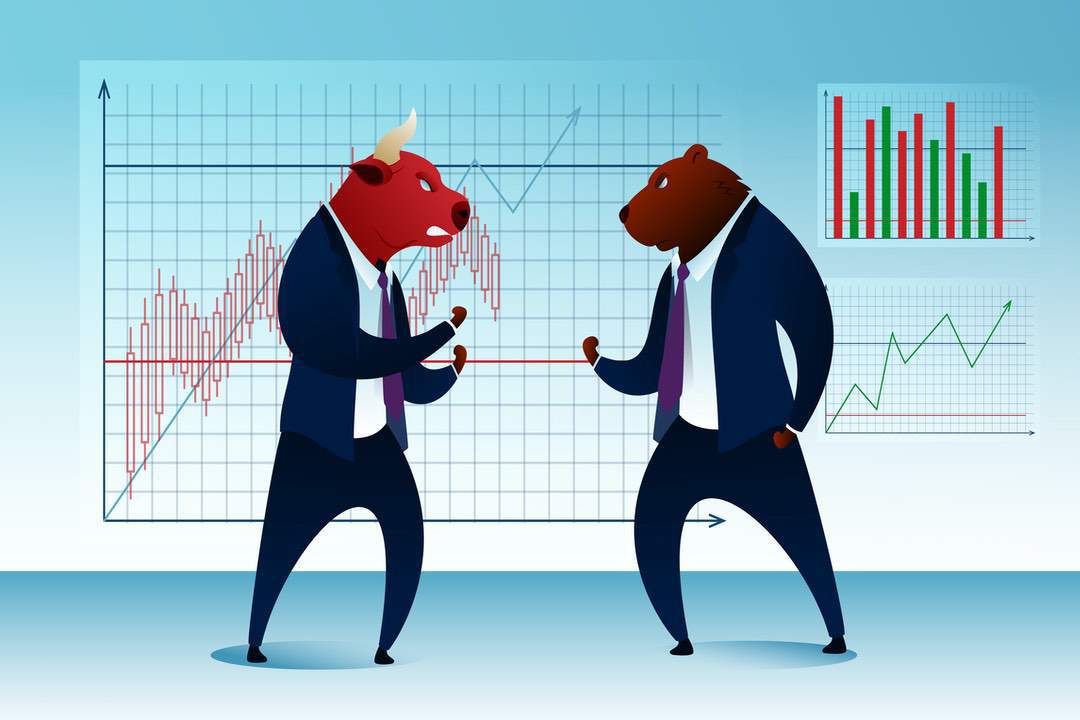The ease of access to tools such as exchanges and wallets has facilitated the entry of new traders or aspiring ones, but not everyone is aware of the pitfalls that this activity may have, especially in the crypto market. Psychology in crypto trading, among other elements, is one of the factors that determines the success of a real trader.
In the crypto sector, exchanges continue to focus on expanding the range of services they provide. Going from simple fiat-to-crypto converters, to real trading platforms with various tools for carrying out operations (even complex ones) and with different options for setting all types of orders.
The road to success in crypto trading
Whether it’s the forex, stock or crypto market, trading has a component that actually unites everyone: 95% of the participants in these activities lose money.
Mark Douglas, in his famous book Trading in the Zone, examines the deeper psychological aspects that afflict every trader, highlighting the mechanisms that are triggered in their minds and that determine their success or failure.
Every trader knows that when they enter a market there is a risk involved. However, the right mentality of the trader is to be able to assimilate a fundamental factor: the end result may be unwelcome and the psychology in trading has a great influence.
So what is the way to success in this fascinating profession? Fundamental analysis, technical analysis or psychology?
There is no doubt that all aspects are crucial and a good strategy must be added to them.
“I don’t think I could put the difference between the consistent winners and everyone else more simply than this: The best traders aren’t afraid”.
So, for Douglas, fear is at the heart of the failure of most traders and has a big impact on the position taken within trading itself, on the psychology of people and on the mistakes that will most likely be made.
Psychology in trading: how to eliminate fear
Still according to Douglas:
“The very reason we are attracted to trading in the first place—the unlimited freedom of creative expression—is the same reason we feel a natural resistance to creating the kinds of rules and boundaries that can appropriately guide our behavior”.
The harsh reality of trading is that if one wants to create consistency in the results it is necessary to respect the rules, whether it be through a loss or a gain.
When trading without a well-defined plan people take credit for the winnings, while they tend to blame others when they lose. Accepting risk means accepting the consequences of one’s actions without emotional discomfort or fear.
The growth of equity
An equity curve that does not grow at all is synonymous with a lack of regulatory relevance. For example, if a reasonable risk of 2% of equity is set for each trade, a fixed stop loss can be set.
This type of approach allows knowing, before entering the market, which will be the maximum loss that can be incurred. Similarly, a take profit must be seen as a minimum objective to be achieved, otherwise, there is a risk of closing a position early, leaving potential gains on the way.
In both situations, within a market like that of cryptocurrencies, trading must not be influenced by human psychology. For this reason, more and more often, it is software that performs the actions of a human being, removing the component that causes most mistakes to be made.




